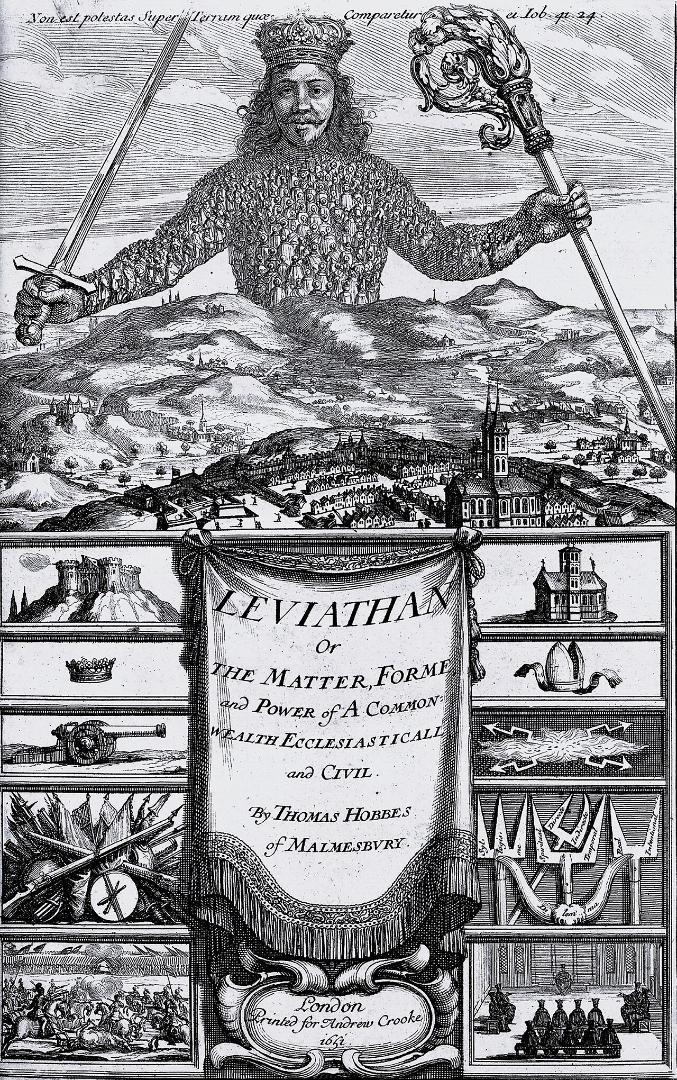The phrase **body politic** has its roots in medieval political theory and metaphor. It is used to describe a political entity, such as a nation or state, as a collective body with its own identity and purpose, functioning similarly to a human body.

A visualization of the body politic metaphor in a 14th-century French manuscript.
The king is head. Next, the seneschals, bailiffs, and provosts and other judges are compared to eyes and ears. The counsellors and wise men are linked to the heart. As defenders of the commonwealth, the knights are the hands. Because of their constant voyages, the merchants are associated with the legs. Finally, laborers, who work close to the earth and support the body, are its feet - wikimedia ![]()
In contemporary political discourse, the term "body politic" is often used to refer to the collective people of a nation or state considered together as an organized group of citizens. It underscores the interconnectedness of individuals within the political framework and the importance of their collective action and responsibility.
The phrase "body politic" originated from medieval political theory, prominently used by John of Salisbury in the 12th century. It metaphorically describes a state or nation as a living organism, emphasizing the interdependence and collective functioning of its parts to ensure overall health and stability. This concept has significantly influenced political thought, highlighting the importance of unity, hierarchy, and collective identity in governance and society.
# Early Usage
The concept can be traced back to ancient and medieval thinkers, but it was notably articulated by John of Salisbury in his 12th-century work, Policraticus (1159). In this text, he elaborates on the metaphor of the state as a body, with the prince as the head, the senate as the heart, and various officials and members of the state as other parts of the body.

The imperial eagle in Dante's Paradiso, depicted by Giovanni di Paolo in the 1440s - wikimedia ![]()

Body politic. The body politic is a polity—such as a city, realm, or state—considered metaphorically as a physical body. Historically, the sovereign is typically portrayed as the body's head, and the analogy may also be extended to other anatomical parts, as in political readings of Aesop's fable of "The Belly and the Members". The image originates in ancient Greek philosophy, beginning in the 6th century BC, and was later extended in Roman philosophy. Following the high and late medieval revival of the Byzantine Corpus Juris Civilis in Latin Europe, the "body politic" took on a jurisprudential significance by being identified with the legal theory of the corporation, gaining salience in political thought from the 13th century on. In English law the image of the body politic developed into the theory of the king's two bodies and the Crown as corporation sole. - wikimedia ![]()
# Meaning The "body politic" metaphor suggests that just as the human body has various parts that must work together harmoniously to maintain health and function, a political entity requires different segments of society to cooperate and fulfill their roles for the common good.
# Development in Political Thought
The "body politic" concept has been influential in shaping political thought throughout history. It emphasizes: - **Unity and coherence**: The need for different societal roles to work together. - **Hierarchy and order**: The structured arrangement of different parts, each with its specific role. - **Collective identity**: The idea that the state or nation is a single entity composed of diverse elements.
# References: - [Policraticus by John of Salisbury](https://en.wikipedia.org/wiki/Policraticus) - [Metaphors of the Body Politic in Political Theory](https://plato.stanford.edu/entries/metaphor-politics/)
# See - Body of the King - Legal Person - Embodied Fiction